
How One Dad Used AI to Advance Finding a Treatment for His Son’s Rare Disease
Sparked by the efforts of parents with a child diagnosed with Alexander disease, Pranam Chatterjee is using his lab's technology to try to find a treatment or cure.

Sparked by the efforts of parents with a child diagnosed with Alexander disease, Pranam Chatterjee is using his lab's technology to try to find a treatment or cure.

The honor from the American Institute for Medical and Biological Engineering represents the top 2% of engineers in the field

The award recognizes Nightingale’s significant contributions to the progress of medical diagnostic ultrasound
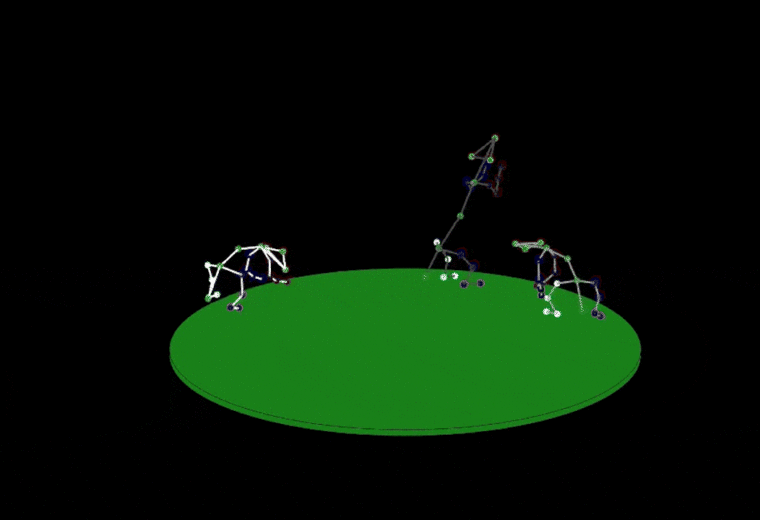
A new platform uses machine learning to identify and map social interactions, unlocking new ways to study behavioral disorders like autism

Amanda Randles pioneers computer models that non-invasively diagnose disease
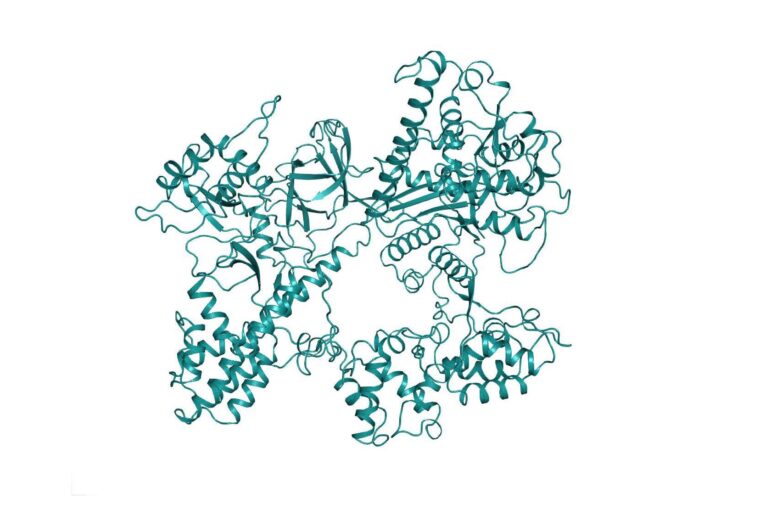
By scouring thousands of bacterial genomes for new CRISPR-Cas systems, researchers have discovered some that could expand the technology’s impact in research, biotechnology and medicine
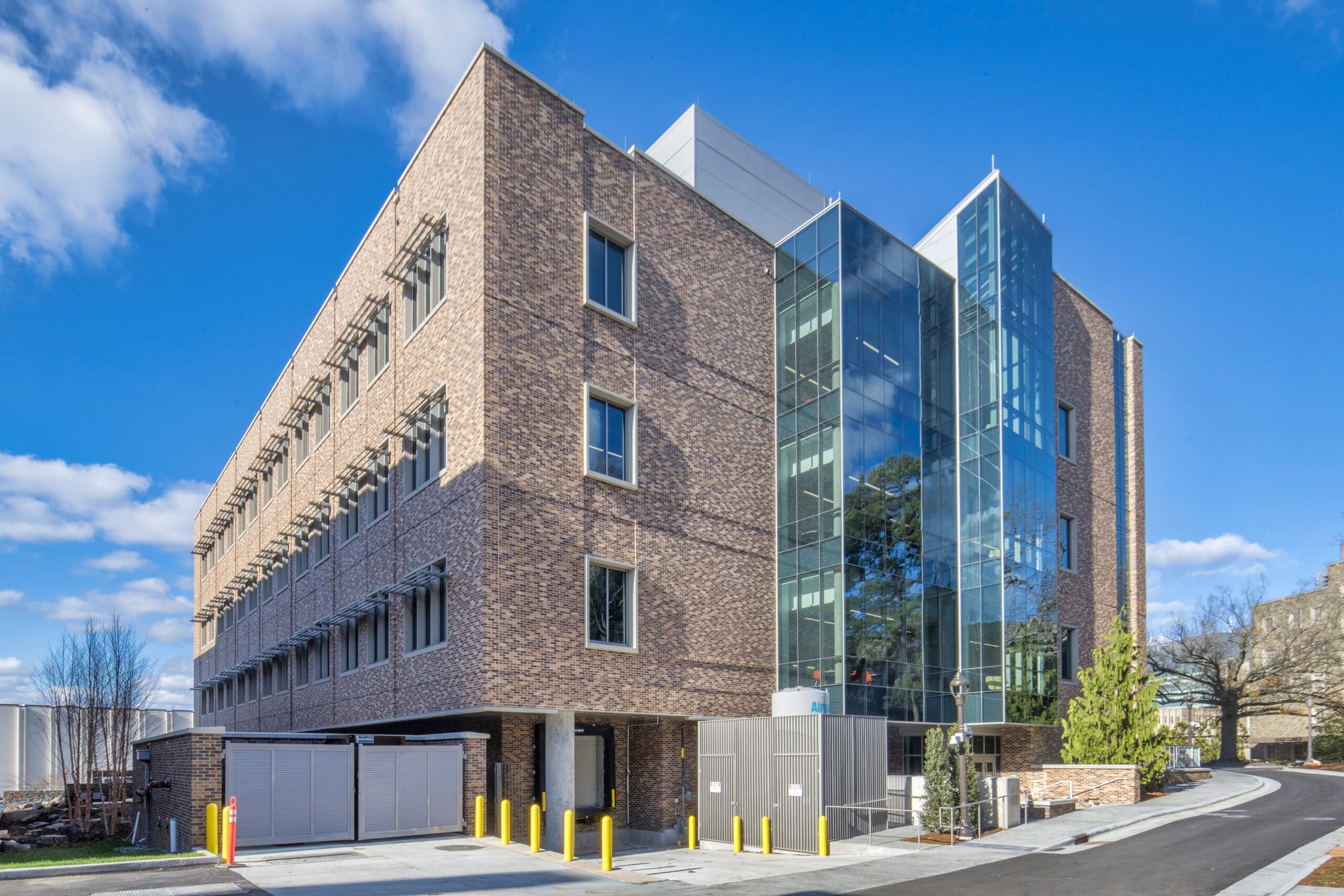
Researchers transformed a plant pathogen weapon into a programmable tool for DNA editing.

Naturally suppressed genes turned on by Professor Charles Gersbach lab's CRISPR technology offer cure hopes for rare diseases.

Learn how federal funding helped Duke Engineering graduate and professor revolutionize a device that has restored hearing for millions.

A Bass Connections team including BME PhD student Sophia Vincoff works to engineer bacteria that can degrade plastics in the ocean.
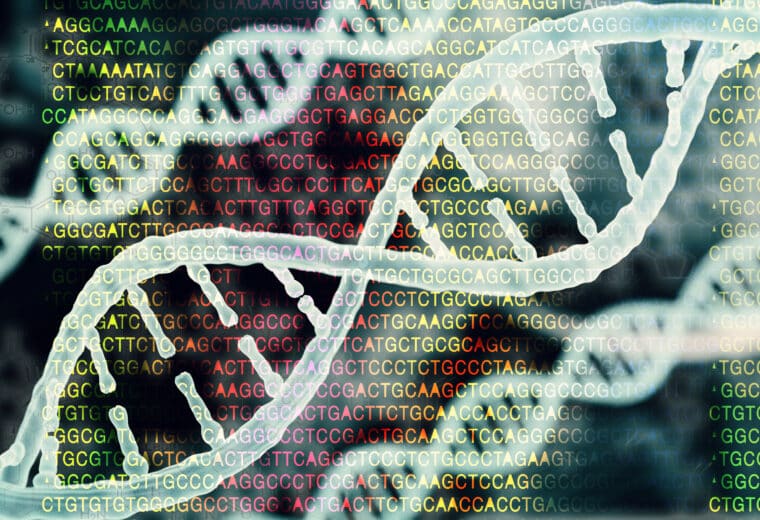
Researchers led by Lingchong You have developed a system to better regulate gene expression that could be applied to biosensors, toxin production and metabolic pathway regulation.
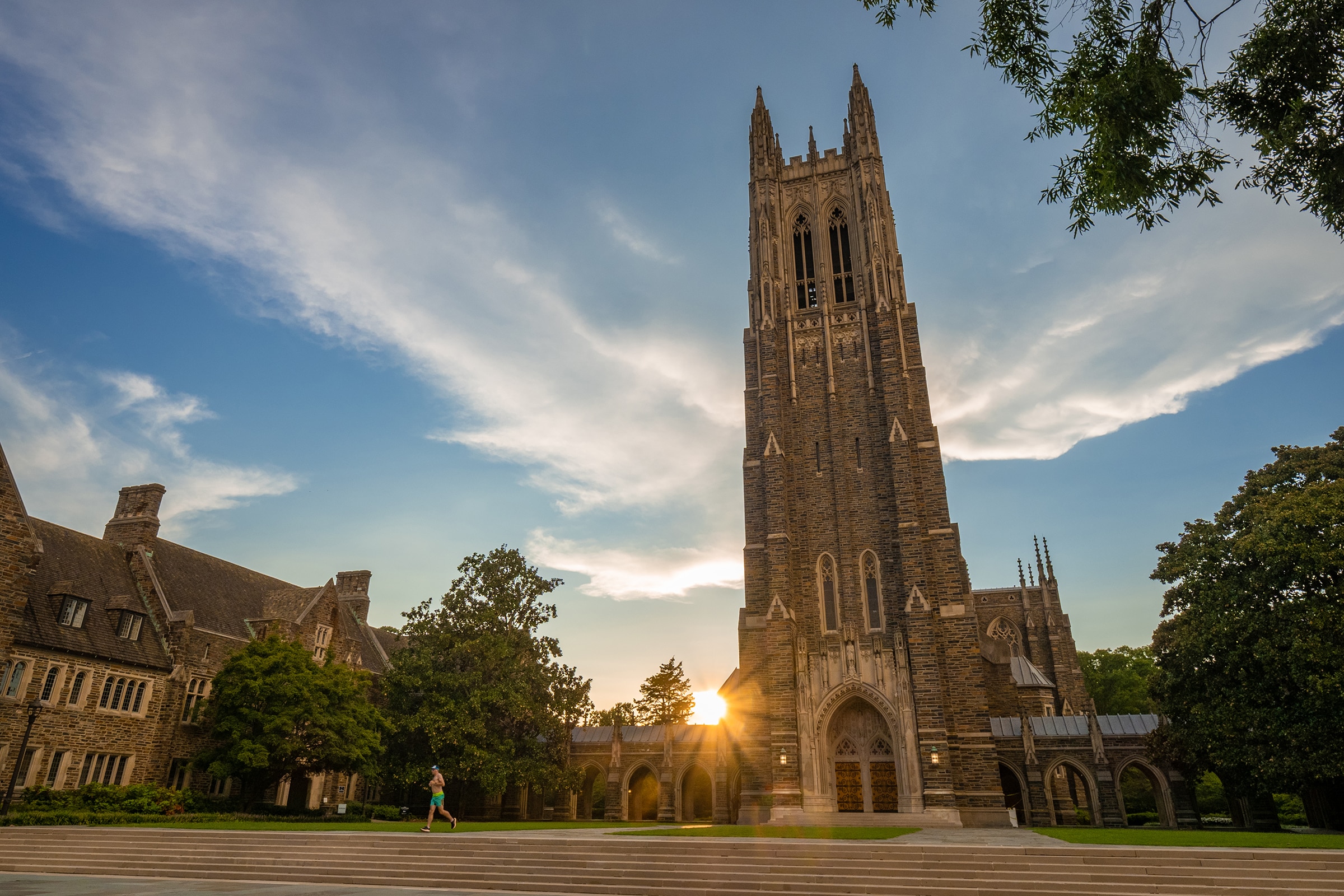
For the past decade, a research team led by Cameron McIntyre has been developing a platform to convert 2D MRI brain scans into interactive 3D holographic visualizations to assist brain surgeons.